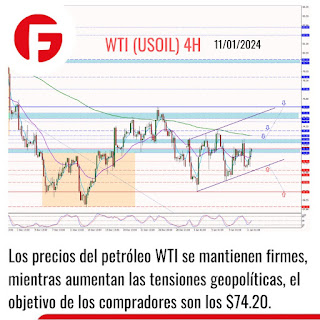Choosing the Right Forex Broker: A Guide to Navigating the Market
In the world of Forex trading, selecting the right broker is a critical decision that can significantly impact your trading experience and success. Forex brokers act as intermediaries, facilitating the buying and selling of currencies for traders. In this article, we will explore the key factors to consider when choosing a Forex broker and how to navigate the competitive landscape.
Regulation and Security:
The first and foremost consideration when choosing a Forex broker is regulation. Opt for brokers regulated by reputable financial authorities such as the Financial Conduct Authority (FCA), the Commodity Futures Trading Commission (CFTC), or the Australian Securities and Investments Commission (ASIC). Regulatory oversight ensures that the broker adheres to strict financial standards and practices, providing a secure environment for traders.
Trading Platforms:
The trading platform is your gateway to the Forex market. A user-friendly and feature-rich platform is essential for executing trades efficiently. MetaTrader 4 (MT4) and MetaTrader 5 (MT5) are widely used platforms that offer a range of tools for technical analysis and order execution. Check if the broker provides a demo account for you to practice and familiarize yourself with the platform before committing real funds.
Spreads and Fees:
Transaction costs, including spreads and commissions, can significantly impact your overall profitability. Spreads represent the difference between the buying and selling prices of a currency pair. Low spreads are generally favorable for traders, especially for those engaging in frequent trades. Additionally, be aware of any hidden fees or charges, such as withdrawal fees, inactivity fees, or overnight financing costs.
Leverage:
Leverage allows traders to control a larger position size with a smaller amount of capital. While it can amplify profits, it also magnifies losses. Different brokers offer varying levels of leverage, so it's crucial to choose one that aligns with your risk tolerance and trading strategy. Responsible use of leverage is essential to avoid excessive risk.
Asset Coverage:
Ensure that the broker offers a diverse range of currency pairs and other financial instruments you may be interested in trading. Some brokers also provide access to commodities, indices, and cryptocurrencies, allowing for a more diversified portfolio.
Customer Support:
Effective and responsive customer support is crucial, especially when you encounter technical issues or have questions about your account. Test the broker's customer service through various channels, such as live chat, email, and phone, to assess their responsiveness and helpfulness.
Educational Resources:
A broker that provides educational resources and market analysis can be invaluable, especially for novice traders. Look for brokers offering webinars, tutorials, and market insights to help enhance your trading skills and knowledge.
Conclusion:
Choosing the right Forex broker is a crucial step in your trading journey. Take the time to research and compare brokers based on factors such as regulation, trading platforms, costs, leverage, asset coverage, customer support, and educational resources. By making an informed decision, you can set the foundation for a successful and rewarding experience in the dynamic world of Forex trading.




Comments
Post a Comment